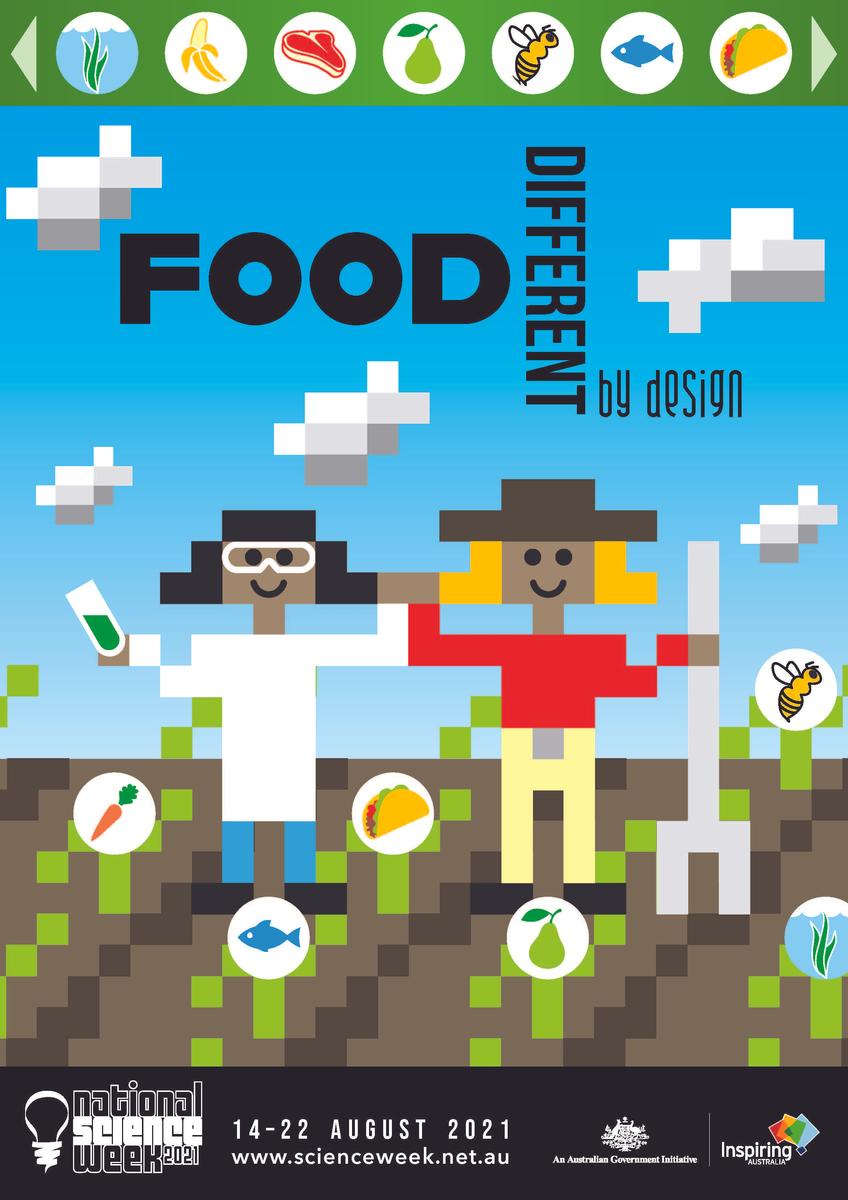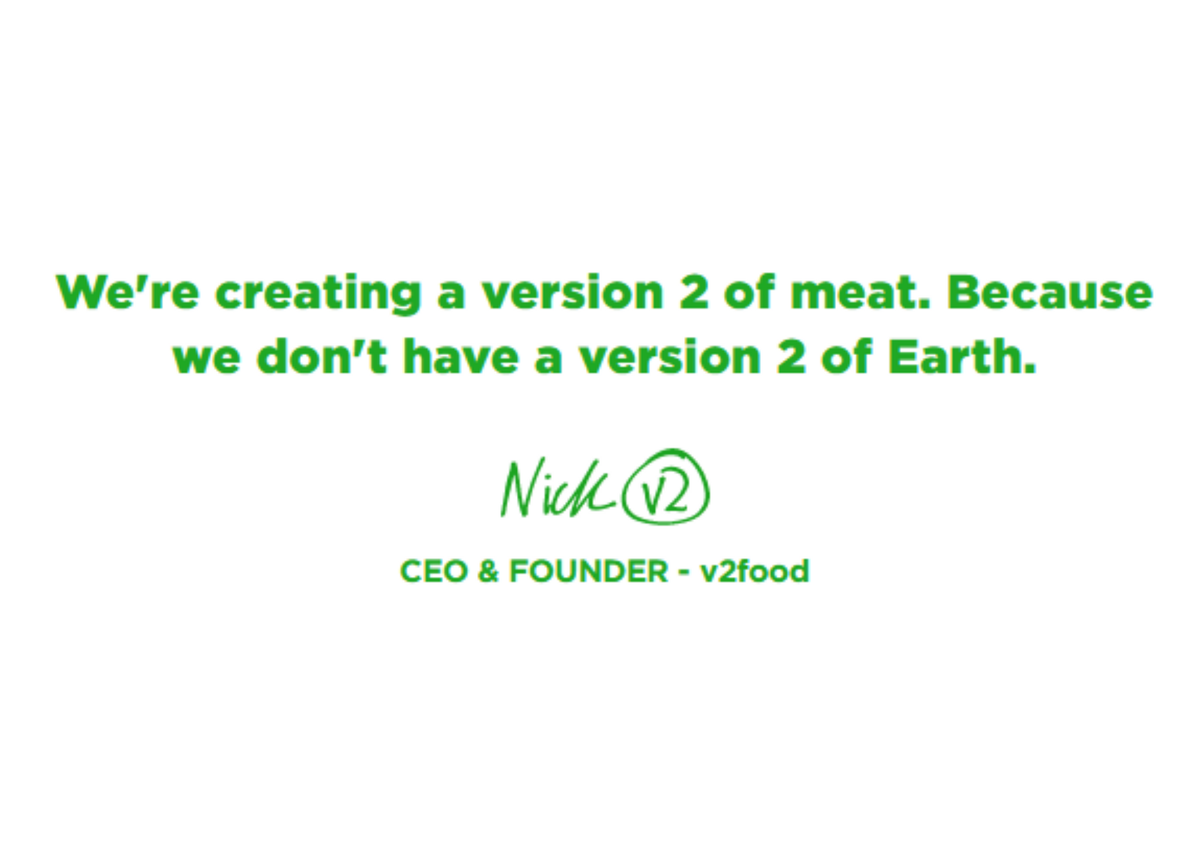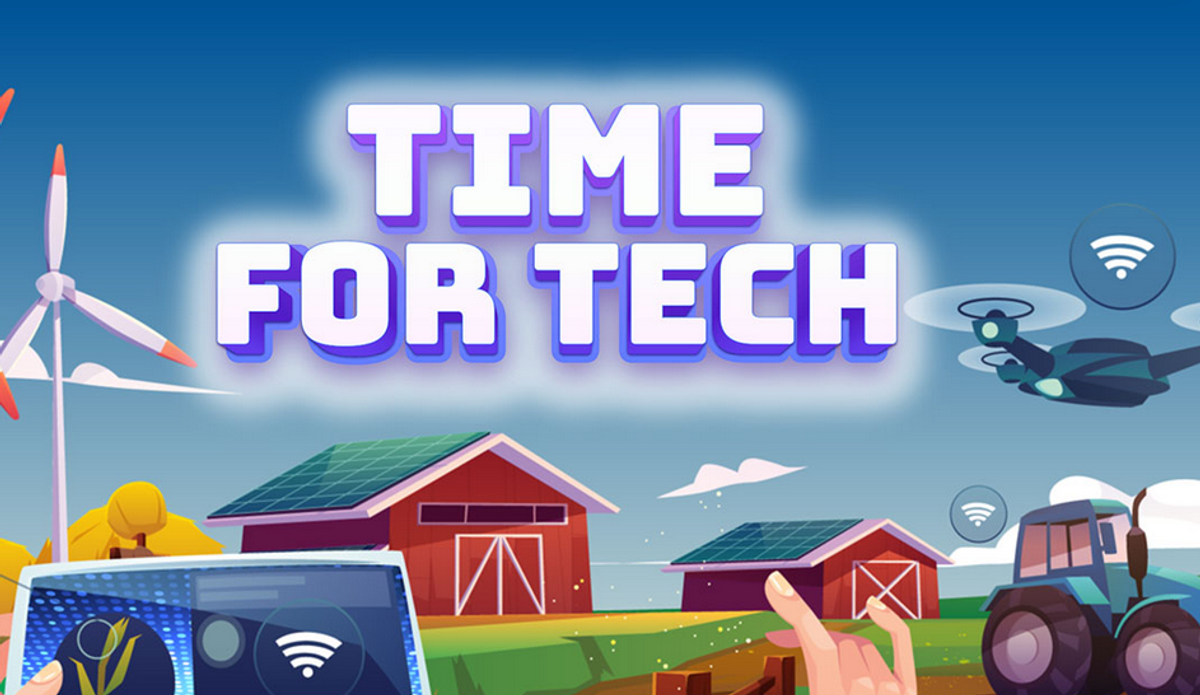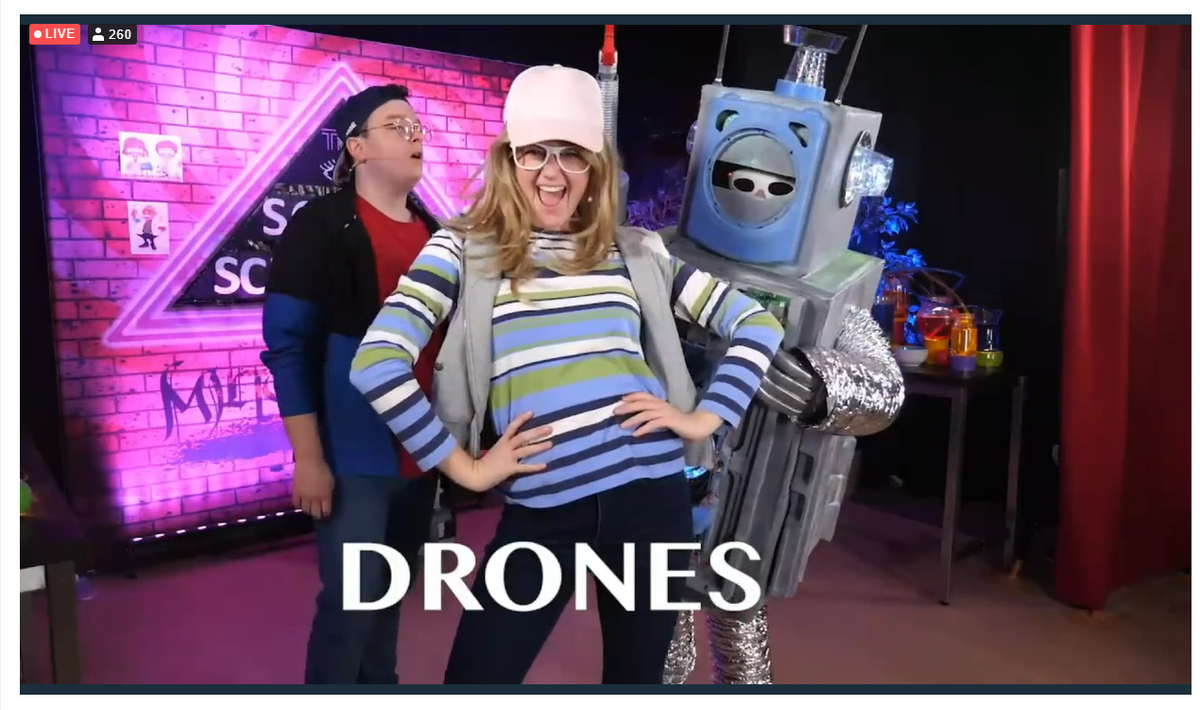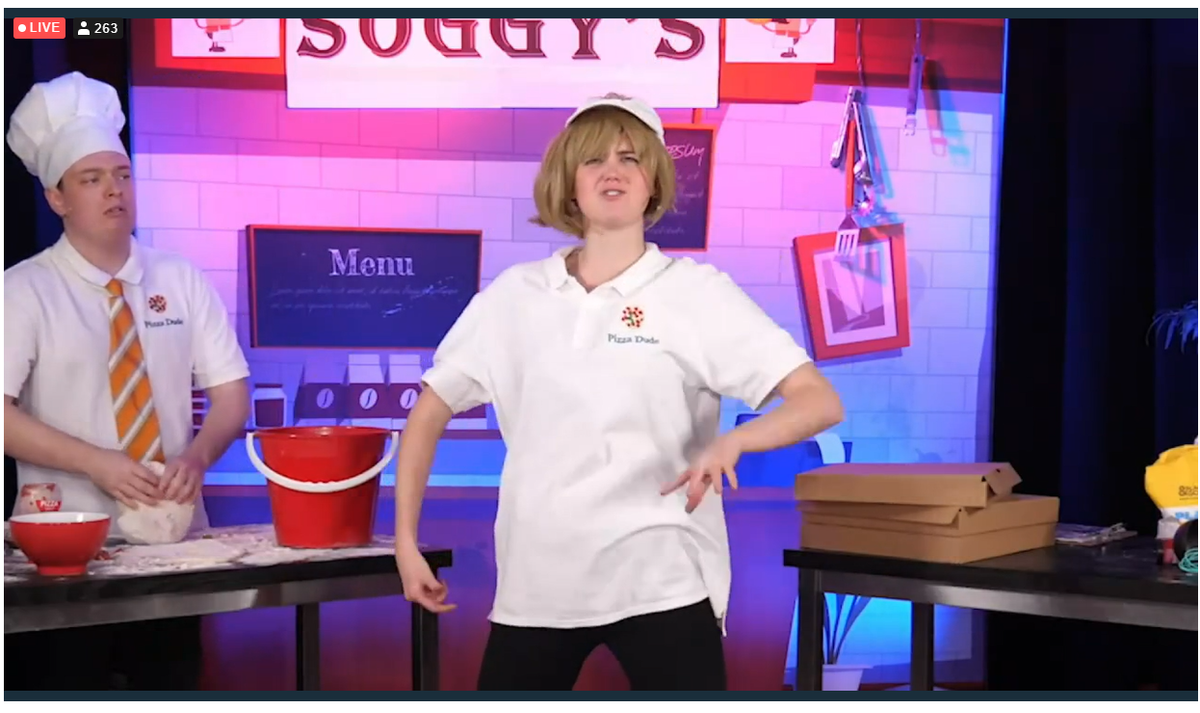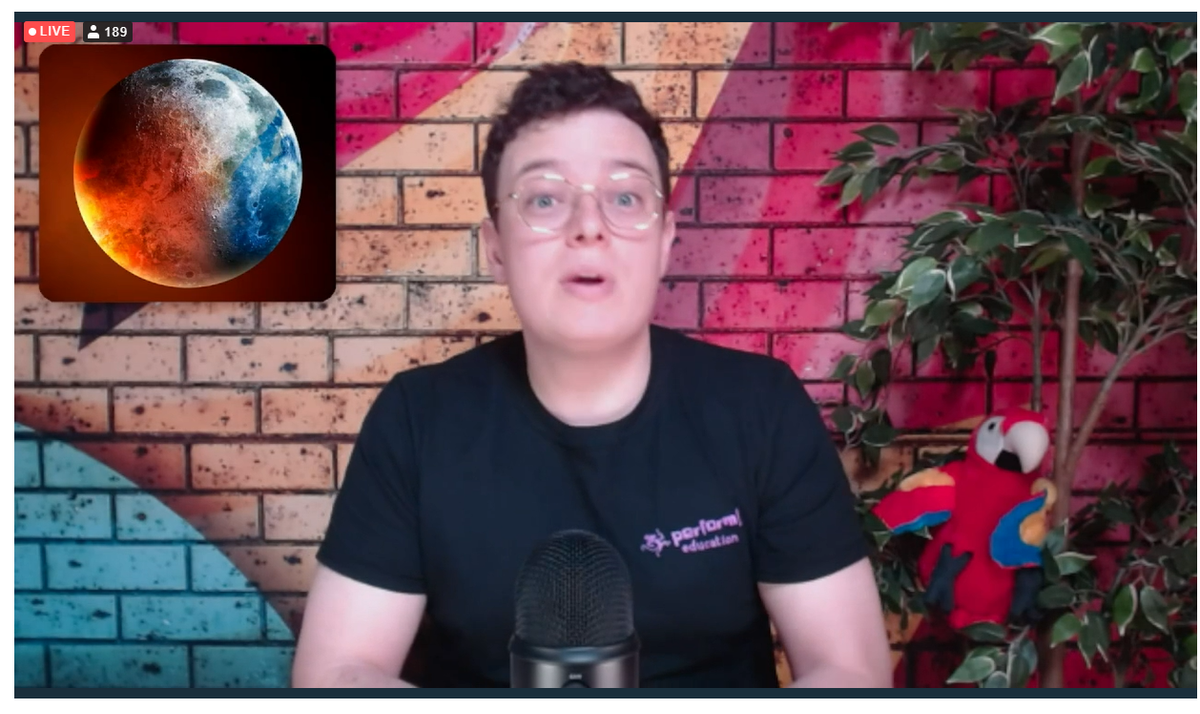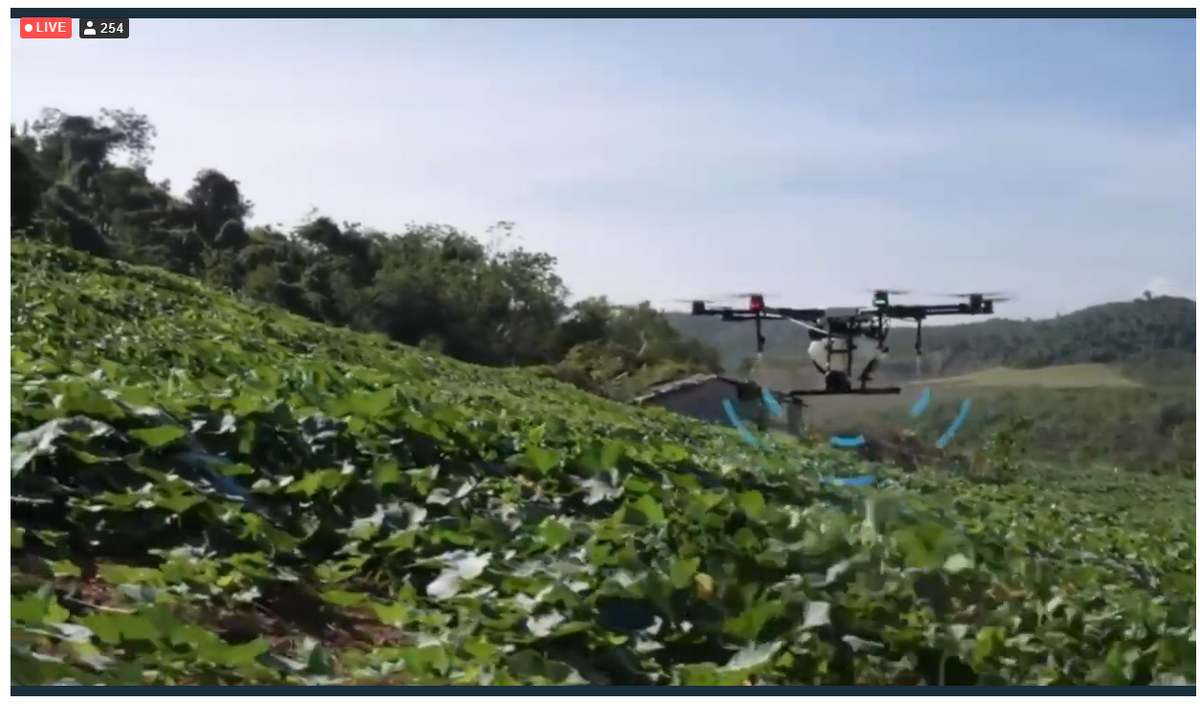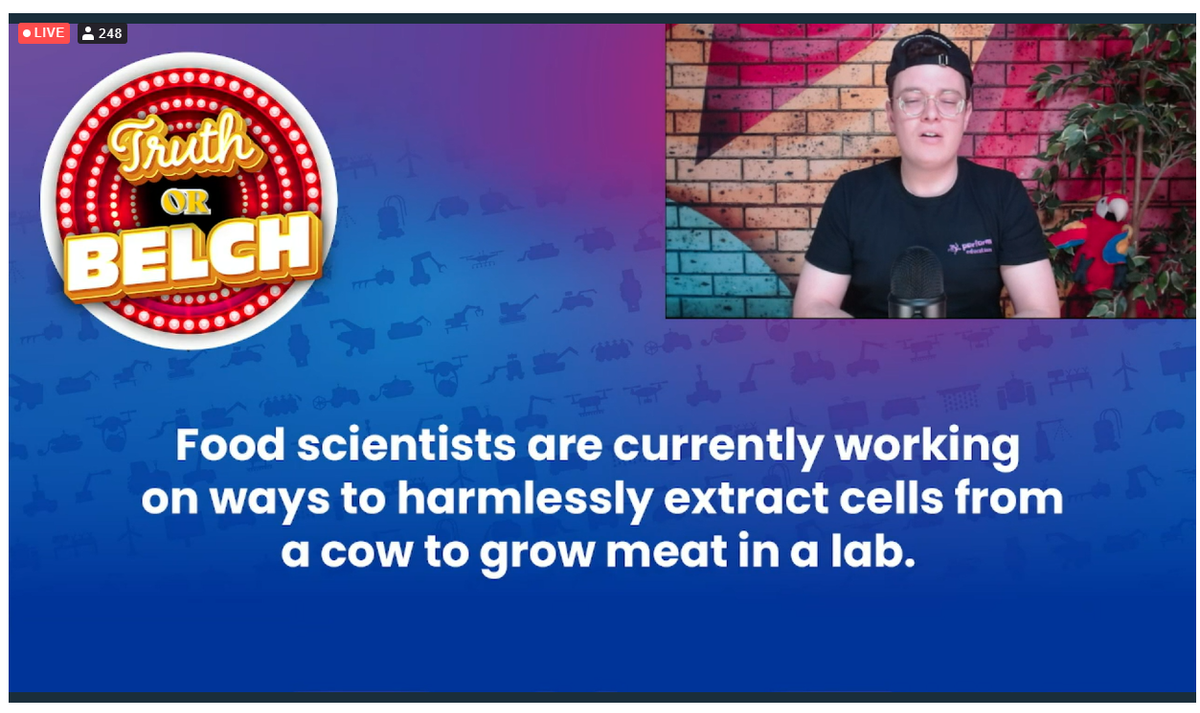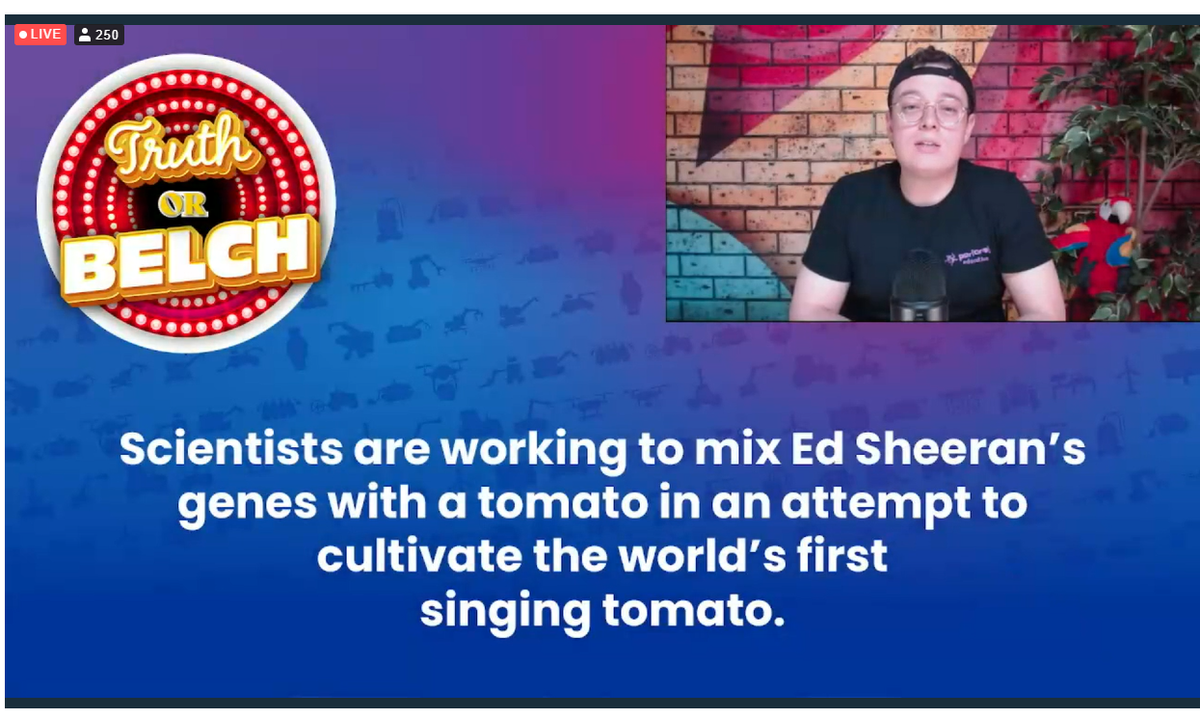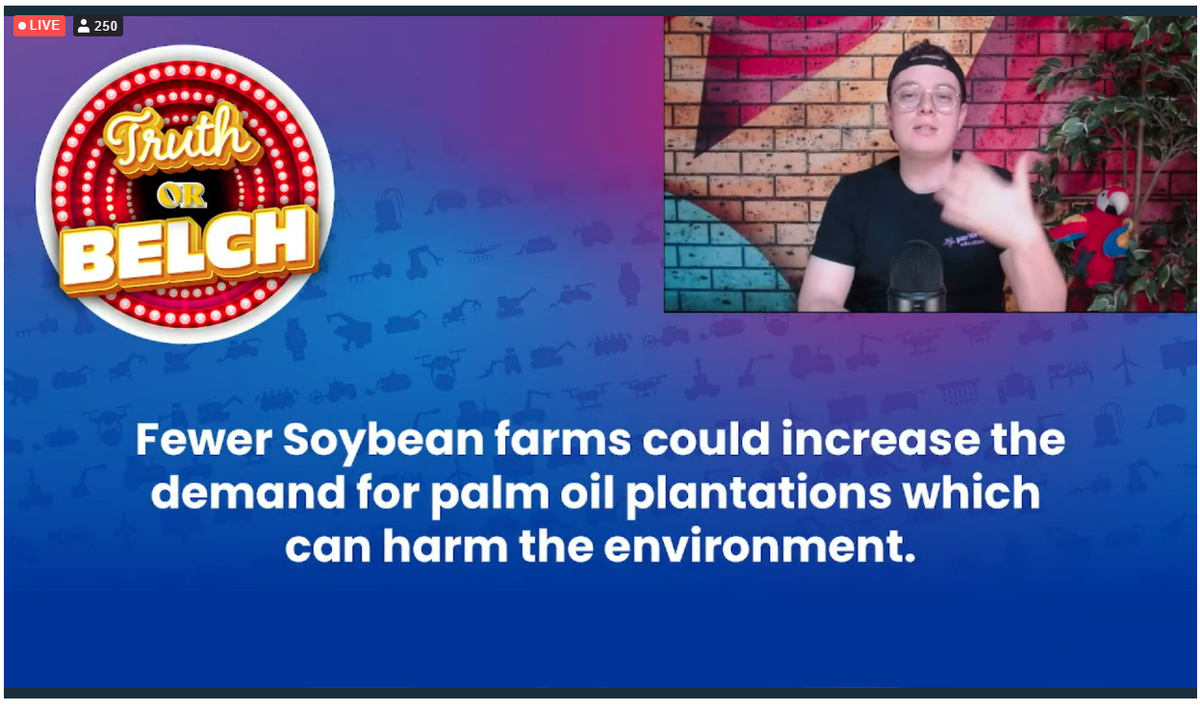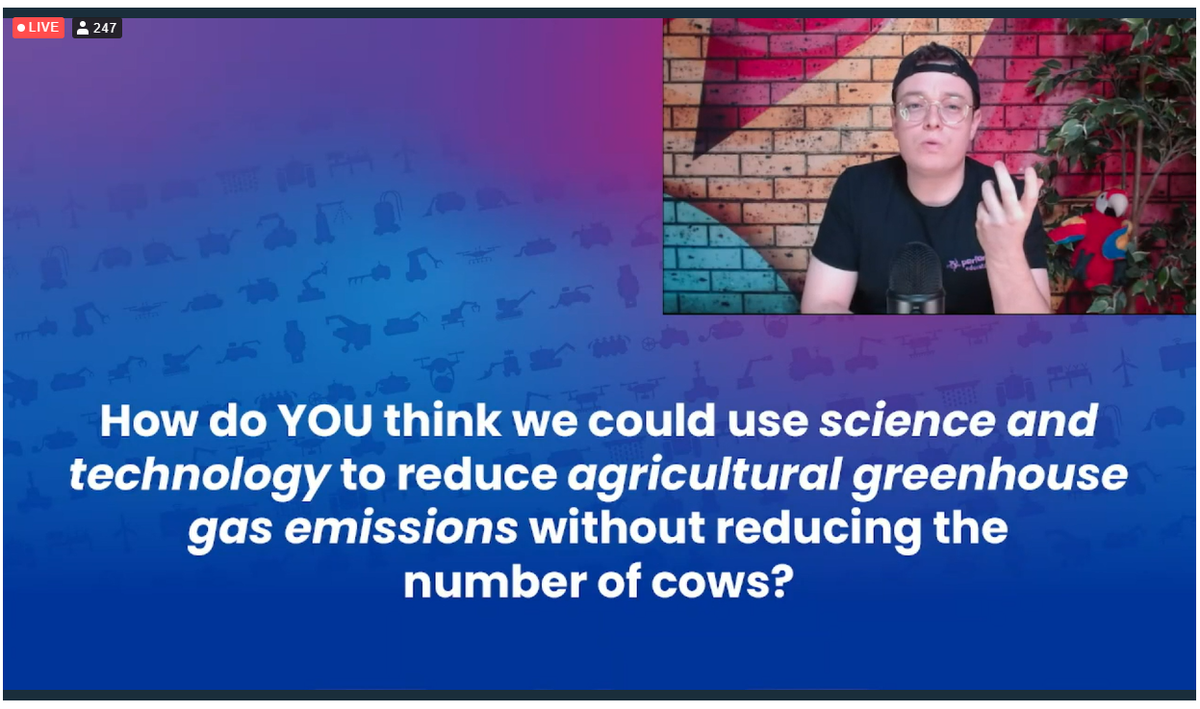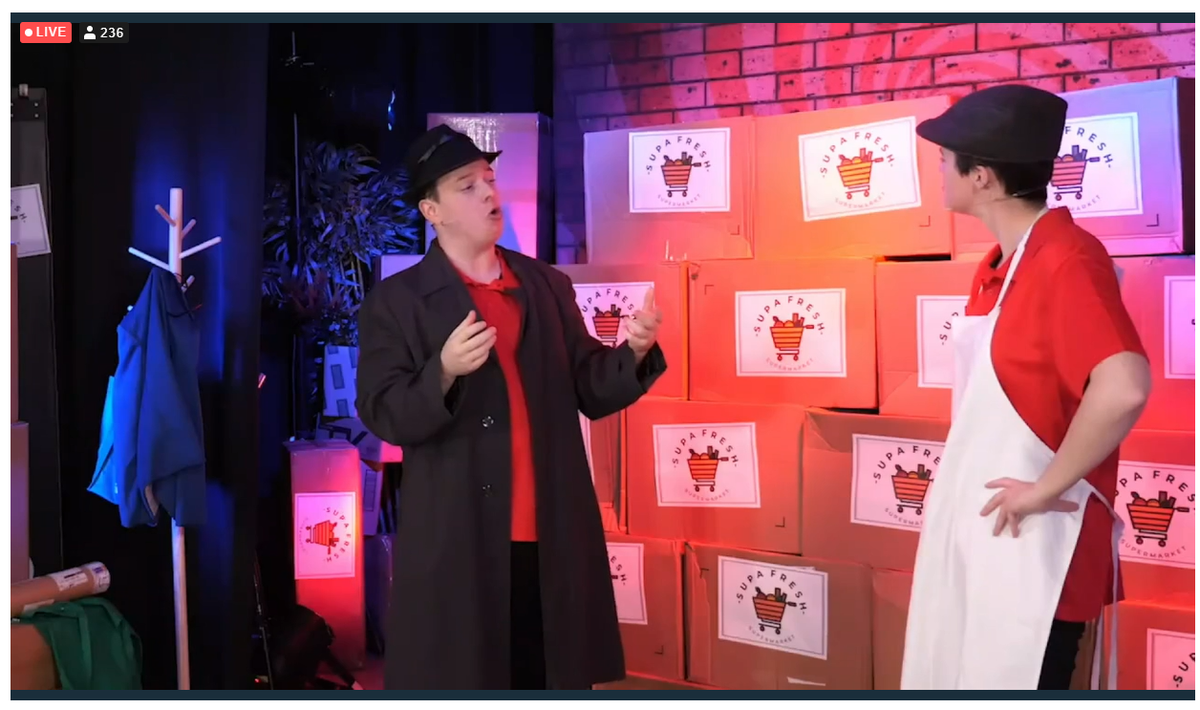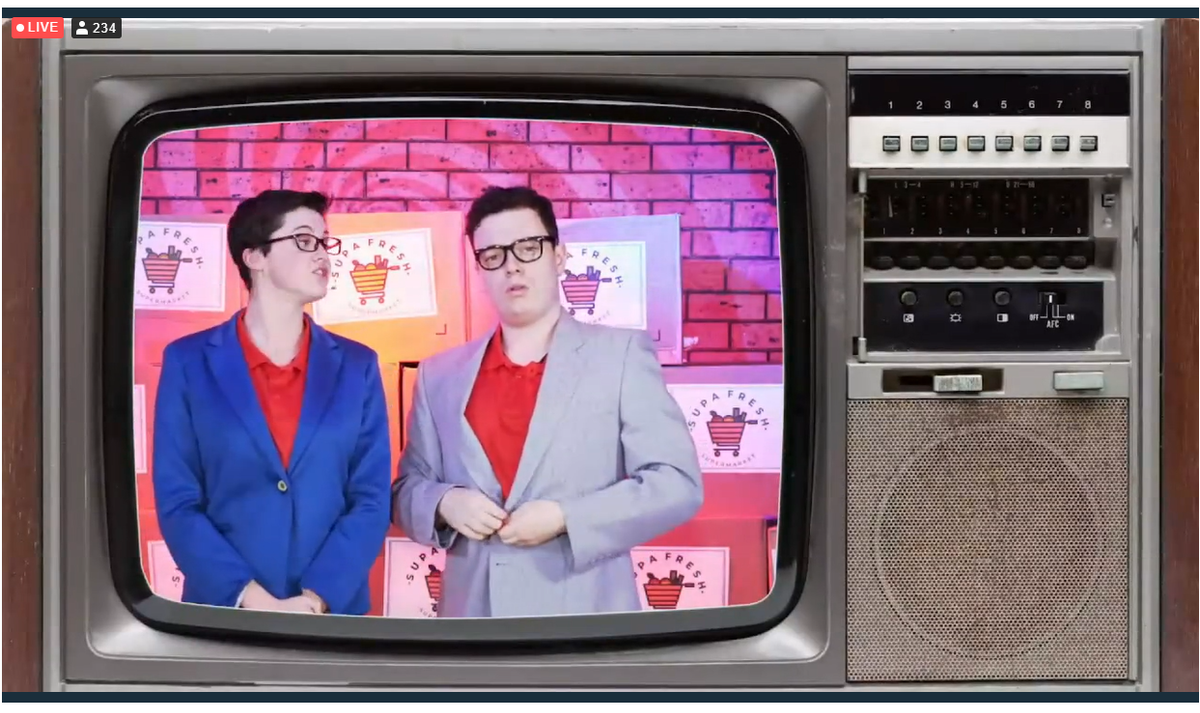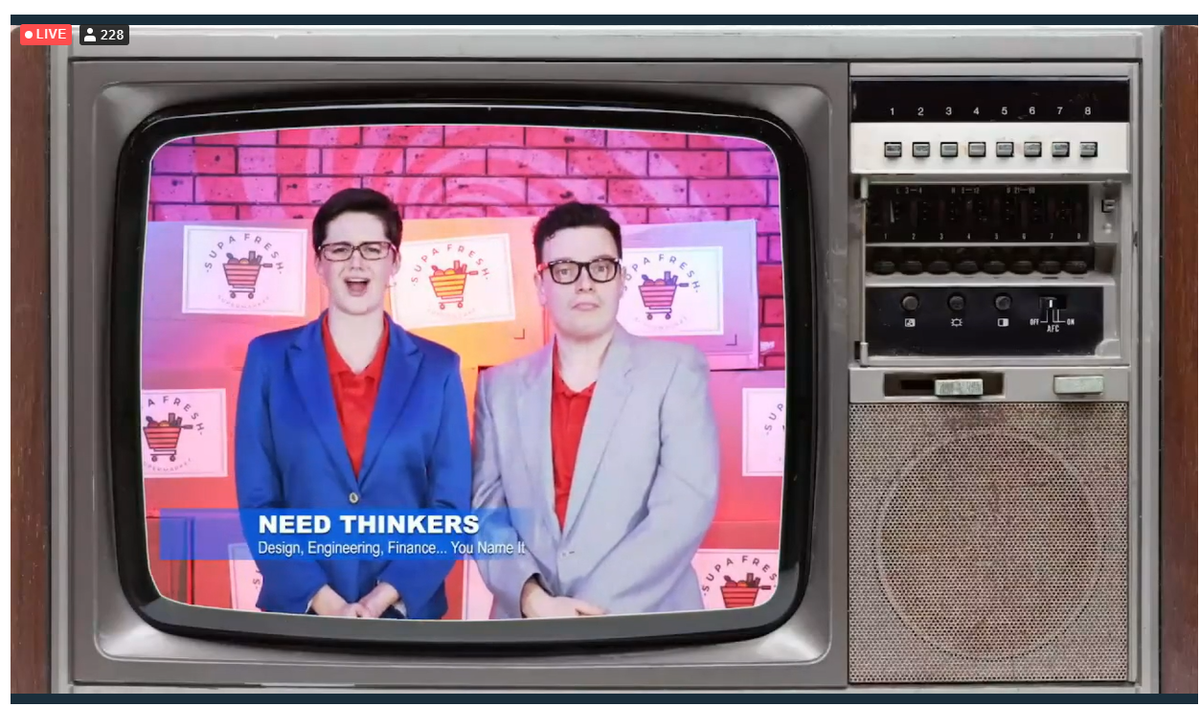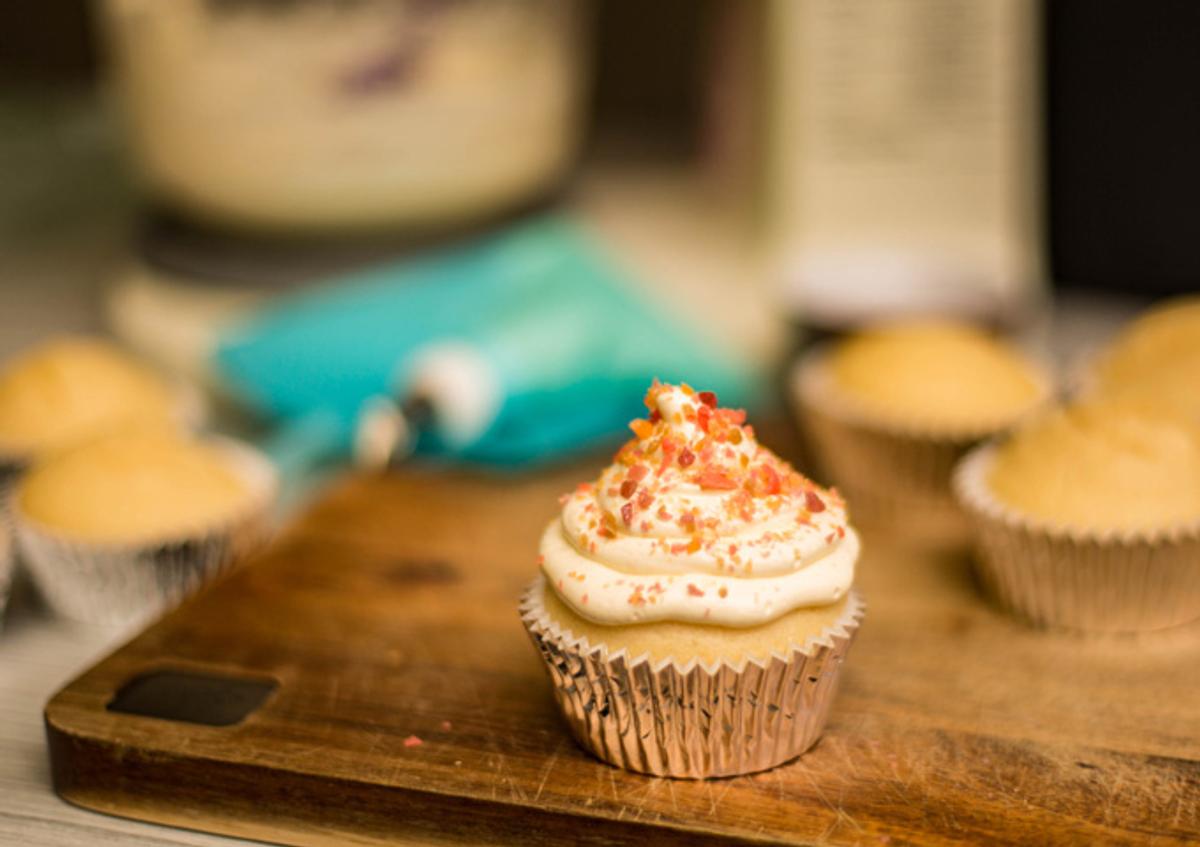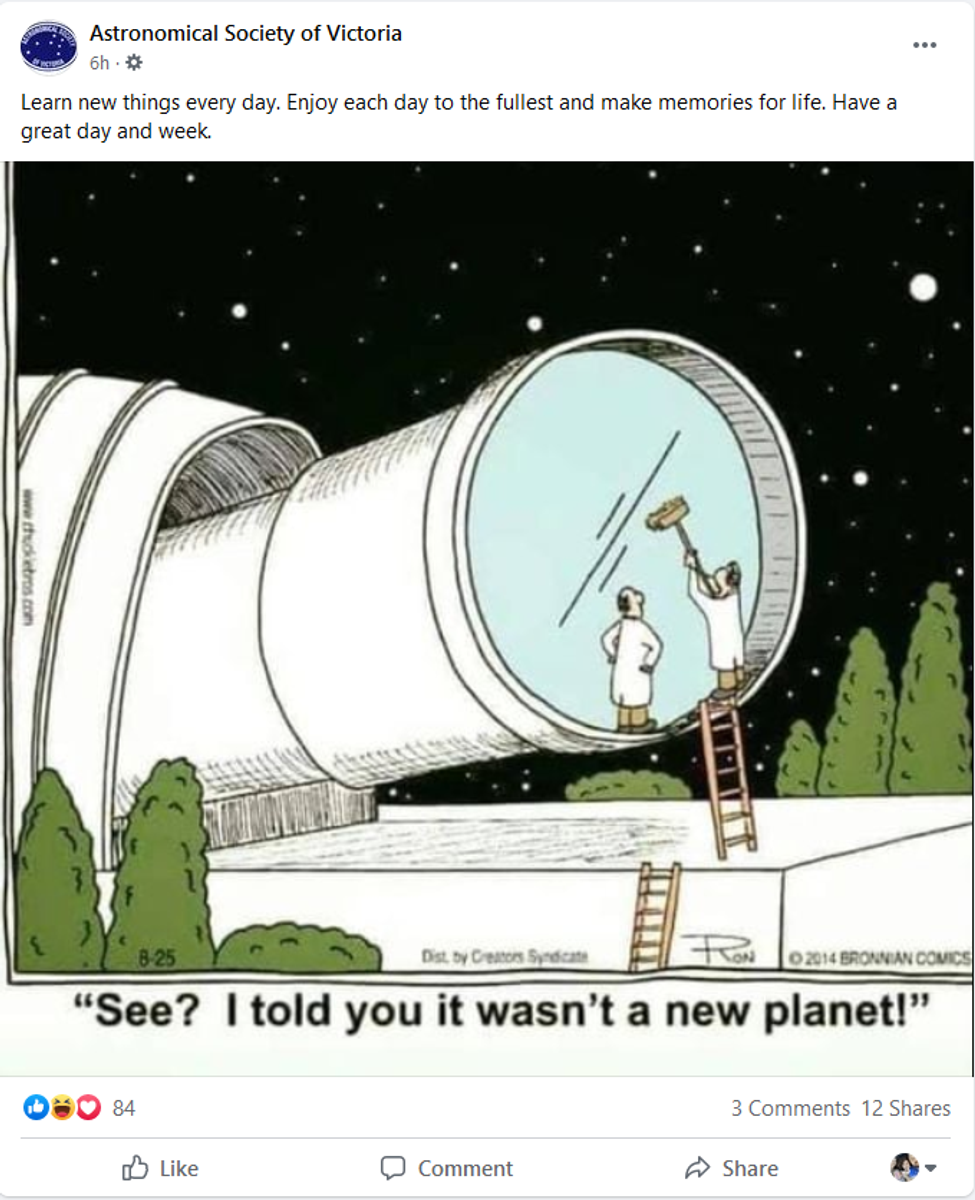Science Scoop
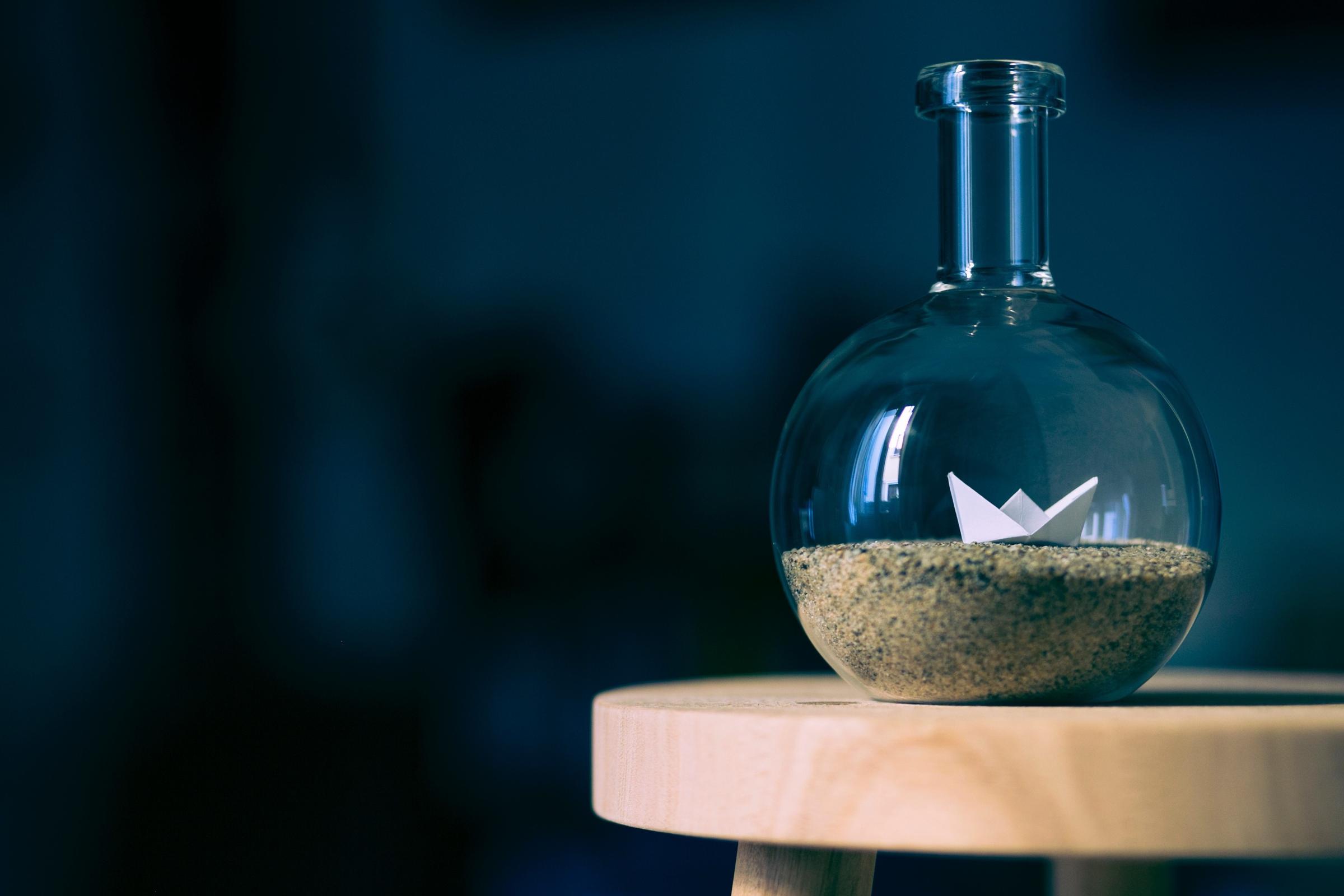
This week is National Science Week and the theme for 2021 is 'Food: Different by Design'
source: scienceweek.net.au
Did you know that Australia is a leader in food production? Coupled with this, the Biotechnology industry is fast becoming one of the largest industries in Australia. This puts Australia in a prime position to use science to supercharge the world's food future!
Our national scientific research agency, the CSIRO, along with Australian industries and entrepreneurs, is already forging bold new ground, like alternative proteins. Last year CSIRO announced a partnership with plant-based meat product start-up V2Foods.
Why is plant-based meat so important? Well, we can't even begin to save the world as long as we continue to use animals for food using traditional farming practices. Meat & dairy production is the third leading cause of climate change and the leading cause of deforestation.
CSIRO is also developing uniquely Australian plants that can produce omega-3 fatty acids, usually sourced from the world’s wild fish stocks. It’s a win for the environment, the Australian economy and for global health, with omega-3 oils a key component for childhood development.
Exploring the role of science in food production and sustainable agriculture gives us the opportunity to increase our communities’ understanding and support young people being active in a growing area of science-driven research and innovation.
It's an exciting industry to be part of for our budding scientists!
YEAR 7 INCURSION
On Thursday, our Year 7 students participated in an online incursion, Time For Tech: STEM is the Future for Food.
Being covid-safe, it was a livestreamed event. But this didn't stop the interactivity. Hosted by an Actor/Educator, the show consisted of interactive science/comedy sketches centered on different aspects of food technology. Our students learned about sustainable agriculture and laboratory-developed foods, STEM, career pathways and how we can all do our bit to support the planet. Students were able to take part in discussions and activities, and could ask questions in real-time via the chatbox.
DIY SCIENCE: POPPING CANDY CUPCAKES
What you need:
- a batch of iced cupcakes
- popping candy
- a glass of water
What to do:
- Bake or borrow a batch of cupcakes for morning tea.
- Just before eating, sprinkle liberally with popping candy
- Think of the science while experiencing the explosions of joy**
**Joy in this case is a synonym for pressurised CO2 gas. Actual joy may or may not occur.
What’s happening?
Popping candy gets its ‘pop’ by setting bubbles of high-pressure CO2 gas inside the candy. After the candy sets, the crystallised sugar keeps the gas safely sealed in. However, as soon as your saliva starts to dissolve the candy, the walls holding in the bubbles get thinner and eventually they can’t withstand the high pressure, and the CO2 gas explodes out to let the pressure equalise.
This is why it is important to only put the candy on when serving morning tea – any earlier and the candy can soften a little due to humidity or moisture from the icing, allowing all the gas to escape before the fun happens.
You can actually see the bubbles of gas escaping if you put a couple of rocks of candy in a glass of water.
Note: Eating popping candy will not contribute to global warming.
In support of Science Week, our Curriculum Resource Manager, Ms Hayward, has found some pretty cool and creative science projects to try over the weekend.

